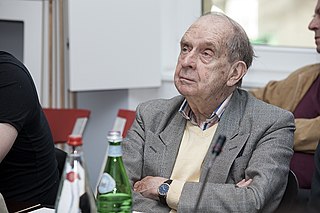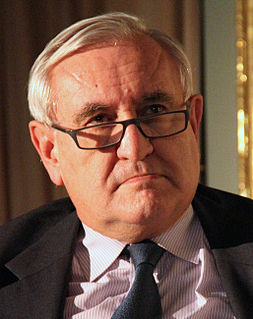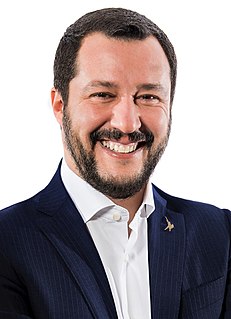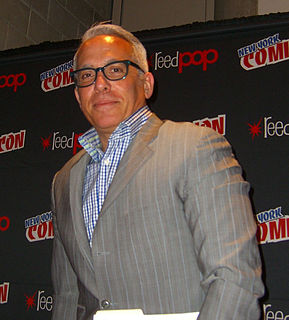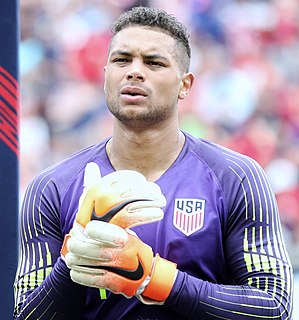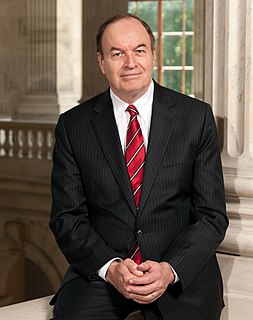A Quote by Gisela Stuart
If this Constitution does not have the support of the people of Europe and on reflection is not deemed to signpost a structure of Europe of the twenty-first century, then we simply have to go back to the drawing board.
Related Quotes
Unless we are able to commit to a permanent growing settlement [on Mars], then I don't think just going there with humans and coming back is worth doing. The expense of planning to come back is like the people who left Europe to come to America and then to turn around and go back to Europe, it really doesn't make any sense at all.
I do not know if the doctrine that the nation-state arose in the 19th century was still being taught:;... but it is erroneous. The nation-state reaches back far into the origins of Europe itself and perhaps beyond. If Europe was not always a Europe of nations, it was always a Europe in which nations existed, and were taken for granted, as a basic form of the State.
If you go back a century in Europe, all over the place people were speaking different languages. There were dozens of languages in France and Italy, and they're all called French [and Italian], but they were not mutually comprehensible. They were different languages. And they have mostly disappeared in the last century or so. Some are being preserved, like Welsh, some are being revived, like Basque or Catelan to some extent. There are plenty of people in Europe who can't talk to their grandmother because they talk a different language.
What we've witnessed in the past 25 or 30 years is just incredible. We've birthed 30,000 or 40,000 restaurants. I used to go to Europe every year to get experience [and ideas]. I don't go to Europe anymore. I go to Oregon, I go to Washington, I go to Louisiana, I go to Little Rock, I go to Austin, I travel New York City. I don't go to Europe anymore.
I think our support for the EEC has been very half-hearted. You really cannot join any group of nations and spend all your time criticising it. The EEC is free Europe getting together. Had we had some vision like that after the first world war , we might never had the second ... my son does not have to go and fight as his father had to fight. Surely that is the most valuable thing of all, the reason for keeping Europe together.
That was the reason why very few people fleeing the rise of fascism in Europe, especially in Germany, could get to the United States. And there were famous incidents like with the MS Saint Louis, which brought a lot of immigrants, mostly Jewish, from Europe. It reached Cuba, with people expecting to be admitted to the United States from there. But the administration of Franklin D. Roosevelt wouldn't allow them in and they had to go back to Europe where many of them died in concentration camps.
The same failure of liberalism is evident in Western Europe, where the dogma of multiculturalism has left a secular Europe very slow to address the looming problem of religious extremism among its immigrants. The people who speak most sensibly about the threat that Islam poses to Europe are actually fascists. To say that this does not bode well for liberalism is an understatement: It does not bode well for the future of civilization.
I think that Europe has to get its act together very quickly. The Belgian guy who's leading the negotiations against Brexit, he sees it as a whole chance to reboot Europe and reclaim the kind of social mission of Europe from all this corporate, bureaucratic, globalist stuff that has got into, building Europe for the people rather than the banks, again.

